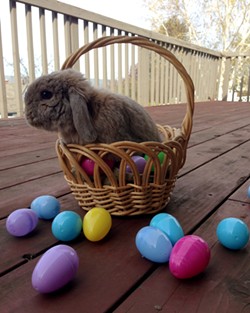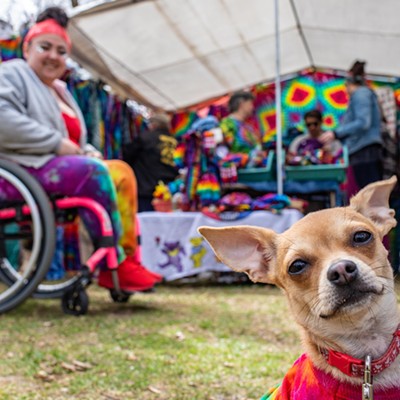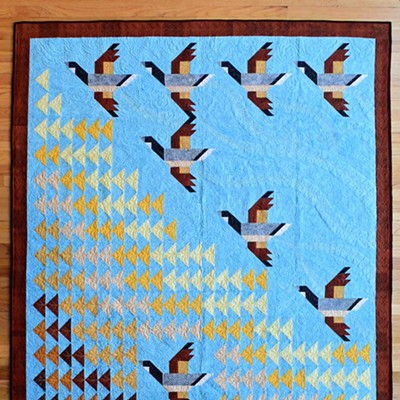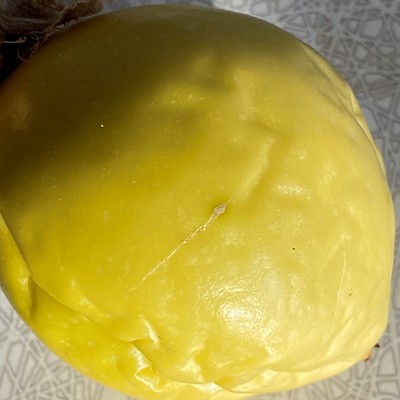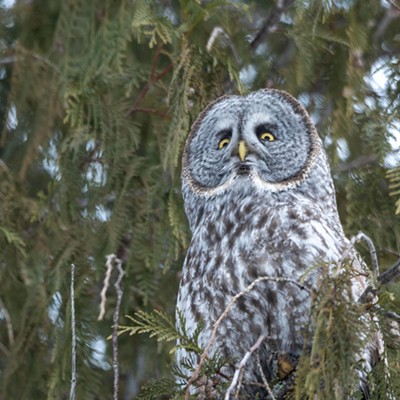Easter season is bunny season. Some are inevitably given as Easter gifts, but since living rabbits are a bit more work than the chocolate variety, they’re really only a good option for those looking for long-term pets or 4H projects. Local rabbitries, where rabbits are bred and raised, are typically the best place to find baby rabbits this time of year, though pet stores sometimes have them as well.
A year and a half ago we got a bunny of our own. Pebbles is primarily a house rabbit and has been a fun, furry and sometimes infuriating addition to the family. For those considering a similar experience, here’s what you need to know about rabbits:
They don’t lay chocolate eggs. They do lay an abundance of small and brown spheres but I promise it isn’t chocolate. On the plus side, though, rabbit pellets are dry, virtually odorless and they make easy application natural fertilizer for the garden. On the downside, those pellets don’t clean up themselves.
They make awful guard animals. Rabbits don’t make noise — unless they’ve escaped their pen in the middle of the night and are knocking things over as they hop around on the furniture. But while they’re not useful at alerting you to danger, they also don’t whine to be fed or let outside.
They can be trained. Pebbles is litter box trained — when he wants to be. He trained himself and used to be quite responsible this way, but has gotten lazy more recently. He is also trained to stay on the carpet, which means he only gets to roam in the living and dining area of our home. Pebbles knows his name and will come when called — if he feels like it — and he knows that the setting of the dinner table and “do you want some?” means food is coming.
They can’t be trusted, even if you trained them. Rabbits are still animals and, as such, are not biologically programmed to maintain an orderly home. Rabbits chew on everything. Electrical cords are especially desirable, and destroying carpet and upholstery is their idea of a good time.
They have personalities. Pebbles is sweet and gets excited to see us after we’ve been gone for the day. He’s always curious about our guests — the non-kid ones anyway — and comes over for quick introduction. But he has a bit of an attitude too. He believes he’s in charge and pees on objects when he feels disrespected.
They don’t live off of carrots. Rabbits will eat most anything — we’ve got a chunk of missing carpet to prove that — but leafy, fibrous plants should comprise most of their diet. Carrots are rabbit candy bars and something Pebbles is not getting as much of lately, as he has a flap of fat to lose for swimsuit season.
They are quite social. Rabbits live in groups in the wild, so social interaction is part of proper rabbit care whether they live inside or outside. They don’t need attention all day — our rabbit celebrates the start of school in the fall even more than I do — but they thrive off some interaction. Pebbles will hop up on my shoulder for some pets every morning while I read and he often sits nearby if we’re seated in the living room for a while.
Bunny Bio Name: Pebbles Age: 1½ years Nicknames: Mr. Bunners, the Pebster Favorite activities: eating books, eating carpet, sunbathing, hiding in blanket forts Least favorite activities: being taken for walks in his harness, classroom visits, having “Happy Birthday” sung to him while surrounded by children Skills: escape artist, garden fertilizer factory

